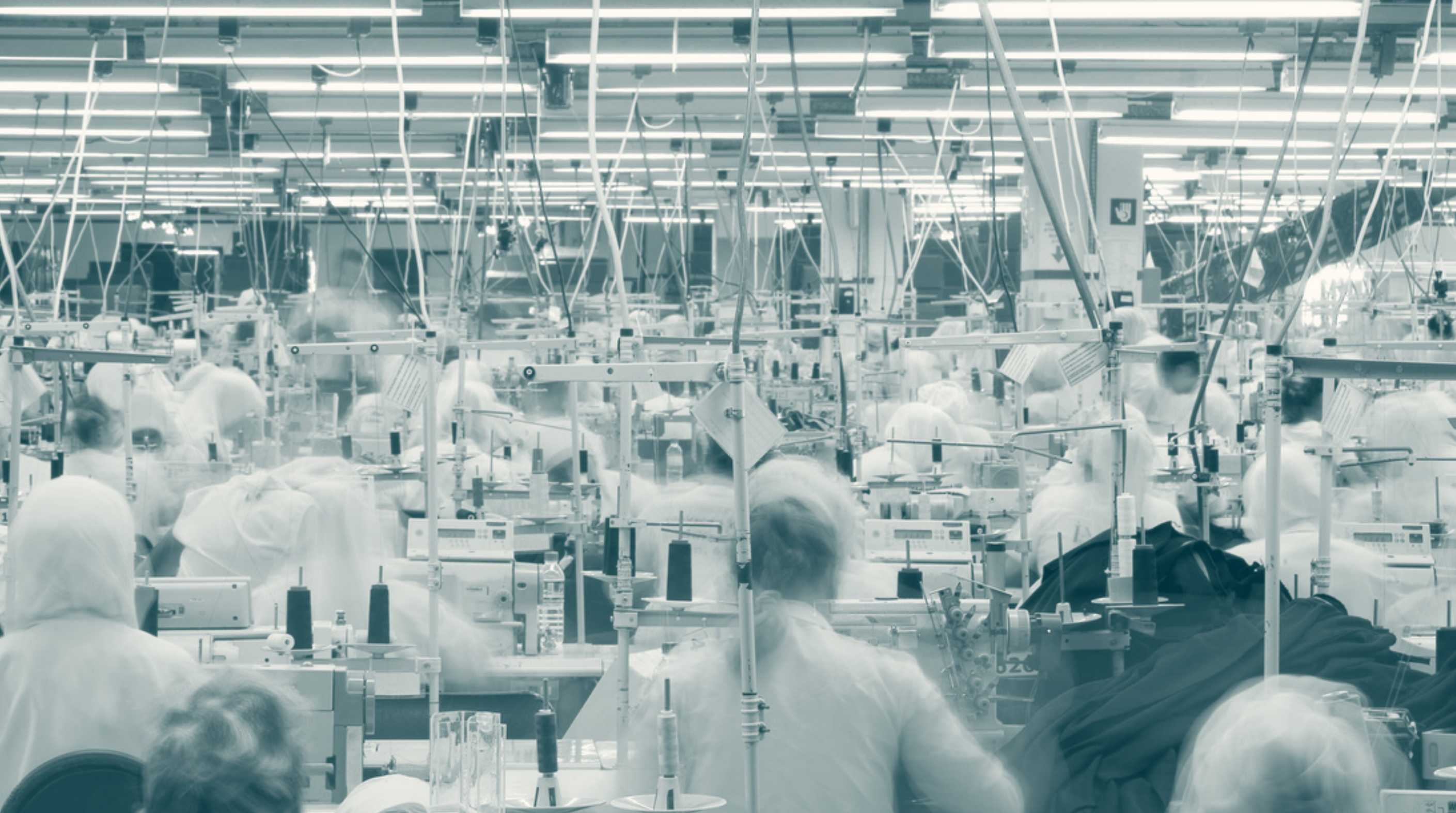
Shining a light on abusive trading practices in fashion supply chains in Europe
A new report released today by the Fair Trade Advocacy Office (FTAO) and based on field research undertaken by Clean Clothes Campaign (CCC) Europe demonstrates the existence of unfair trading practices in the European apparel industry. Based on interviews with suppliers, experts and trade union representatives in six EU member states – Bulgaria, Romania, Croatia, the Czech Republic, Italy and Germany – the report "Fast Fashion Purchasing Practices in the EU. Business relations between fashion brands and suppliers" paints a clear picture of the volatile, risky and unbalanced trade relations between brands and manufacturers.
Research showed a general trend of lowering prices, shortening lead times, increasing order changes, lengthening payment terms, and increasing shares of "hidden" costs, such as the production of initial samples, being shifted to manufacturers. This leaves suppliers in financial trouble, unable to make investments and pay wages. The report focuses on two major clusters of apparel production in Europe: the Italian fashion
system; and manufacturing in East Central, Eastern and Southeastern Europe. Brands sourcing from the surveyed manufacturers include ASOS, Metro, MS Mode, Moncler, and the Otto Group. Luxury brands were also included but are not named as requested by research participants.
Research has also found that written contracts between buyers and suppliers are rare, and when they do exist, their terms are heavily skewed in favour of brands and retailers. "The contract with Moncler was like a book, they protected their brand so much that if they thought they had lost a piece, you could find yourself offering enough compensation to go bankrupt," said an interviewee. Another supplier added: "We have a voice in the negotiation, but they often pressure us. We try to resist. The negotiation process is long and difficult."
Pricing is key, but it typically begins with the brand or retailer estimating the desired retail price; material, labour and other costs of production are only considered after that. Consequently, research found gaps between what suppliers are paid for labour and what would be required to cover the employers' costs, including mandatory social security contributions and taxes. In Italy, this means 18 euros per hour paid to suppliers vs 24 euros per hour of the employers' gross cost.
In some cases, suppliers accept low prices just to maintain the relationship or to survive, sometimes without making any profit. Moreover, where suppliers rely heavily on one buyer, the risk of bankruptcy is very high. One such example is the Orljava factory in Croatia, which was forced to close when the German brand Olymp withdrew orders in 2020.
The Covid-19 crisis has further exacerbated the negative impacts of power imbalances between buyers and suppliers, with many brands having cancelled or suspended orders. This ultimately left workers without income, especially in countries with weak social safety nets. Urgent solutions are needed to eliminate unfair trading practices from garment supply chains, and the "Fast Fashion Purchasing Practices in the EU" report contains a set of recommendations to that effect. The FTAO and CCC Europe are calling for: the payment of orders within 60 days; prices that cover production costs and guarantee living wages for workers; compensation for changes of orders; and a clear definition of the terms of risk and ownership of goods. Recommendations also include a call for the European Union to adopt a directive that would ban unfair trading practices in the garment sector such as late payments and prices below production costs; ensure effective enforcement; and provide detailed guidance on how brands and retailers can ensure and uphold
freedom of association, collective bargaining, and living wages throughout their supply chains.
Issues raised in the report will be discussed a hybrid event taking place at the European Parliament on 25th April and hosted by MEPs Delara Burkhardt and Saskia Bricmont. Speakers include Mario Iveković from Novi Sindikat, the Clean Clothes Campaign member trade union that conducted field research in Croatia.
Contact
Antonio Gambini, Clean Clothes Campaign European Coalition, lac-europe@cleanclothes.org
Marta Garda, Fair Trade Advocacy Office, garda@fairtrade-advocacy.org